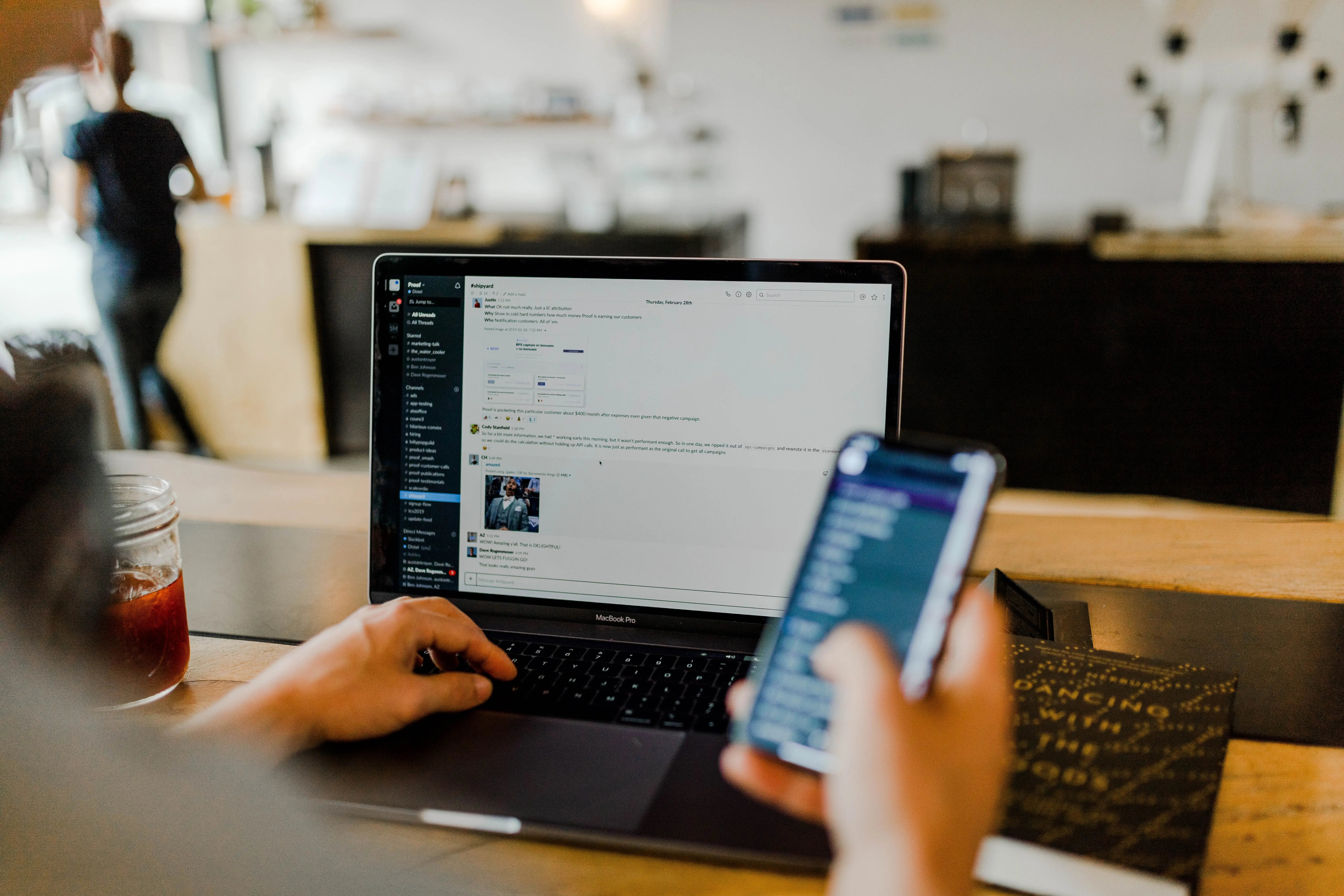

Get a Free UX/UI Course in Your Inbox Every Day for 15 Days
By the end of this three-week crash course, you'll have a much better understanding of the tech industry, the design craft, and all the knowledge you need to start building your career.

Get a Free UX/UI Course in Your Inbox Every Day for 15 Days
By the end of this three-week crash course, you'll have a much better understanding of the tech industry, the design craft, and all the knowledge you need to start building your career.

Transitioning to a new industry can be a daunting task, especially when one has to balance it with a full-time job, personal commitments, or further studies. However, with the increasing use of technology and asynchronous communication, self-paced learning programs have transformed from popular, quick alternatives to full-fledged education programs, making it more accessible for anyone to reskill.
Despite the flexibility that comes with self-paced learning programs, one may feel alone while carving their own path. Many students worry that they may miss out on developing crucial collaboration skills, especially since UX Design is a field that relies heavily on collaboration. This fear of not being able to collaborate effectively can cause some students to lose motivation and even quit the program.
During my time at Mento Design Academy, I had the opportunity to work on projects that aligned with my interests and career goals, and the self-paced nature allowed me to manage my time effectively. While working a stressful full-time job, I could work during my productive hours, whether in the morning, before work, or even on weekends at a coffee shop. During mentorship sessions, I got to ask the questions that mattered to me. I wouldn't have been able to do this in a live class setup.
Now, as a Product Designer working in a big team of other designers, product managers, and software engineers, I have found that I am able to collaborate effectively even though I didn't work on any team projects during the bootcamp. In this article, I will be sharing some of the tips and practices that helped me stay flexible during the program while never feeling isolated and learning how to collaborate better.

Whether it's on Slack or Discord, most programs have a community of like-minded people built around them. This community can be excellent for support, guidance, and feedback. If the community is private and exclusive to those attending the same boot camp, it's even better as it creates a more intimate and personal space.
Sharing your work or resources with others can be incredibly beneficial for both you and your colleagues, and this community is a fantastic space to start doing so. Unfortunately, many students are hesitant to share their work due to the fear of imperfection and the possibility of being judged. However, I can wholeheartedly tell you from my own experience during Mento that this fear is often unfounded. Don't let it hold you back from the many benefits that sharing your work can bring.
From the perspective of the community, when someone shares their work, it's like a breath of fresh air. It's a chance to see an example, gather inspiration, and learn from others. It's also an opportunity to provide feedback and support to fellow students. For example, if someone is stuck on a particular aspect of their project, seeing someone else's work can help them answer some questions, let go of doubts, or facilitate a new idea for their product or approach.
Sharing your work within your community is a mutually beneficial experience. You will:

As individuals, we each have unique goals that may require different types of support from our communities. If you find that a particular topic or need is not being addressed, take the initiative and organize it yourself without waiting for permission.
One way to do this is to keep an eye out for hackathons or design competitions and invite your colleagues to participate. Additionally, if you need help with research or want to work more in Figma, take the lead and organize a workshop or session to learn from one another.
Also, you can rely on something other than ideas that revolve around work. Think book clubs, cooking clubs, virtual coffee meet-ups to discuss hobbies or other common interests. You may be surprised at how well-received these initiatives are.
Another way to do this is to offer to help students. Great at creating presentations? Give a helping hand. Don't stop at design skills. Don't limit yourself to just design skills - offer your expertise for brainstorming sessions, discussing imposter syndrome, time management, and attending design events. The possibilities are endless. Resist the urge to hang back. Being on a learning journey doesn't mean you don't already have a lot of things to offer to aspiring Designers.

A good self-paced bootcamp should provide multiple opportunities for students to engage with each other, even if they are not officially working on the same projects. This can include UI challenges that encourage collaborative work on UI skills, community meetings, and various types of workshops where students can share their successes and struggles, present their work, and get to know each other.
Take advantage of these opportunities and participate as much as possible. Some students may fear that attending these events will slow down their progress with the curriculum or disappoint mentors who may feel they are not delivering enough. It is important to remember that these events can be a great addition to the program, helping students develop skills that they may not have otherwise mastered or providing motivation when needed. Sometimes, simply talking to another student can provide inspiration when feeling uninspired.
While feeling part of a community in a virtual, self-paced environment may not feel as organic and natural as being in a live class setup, there are still opportunities to learn, develop, and build a network if you know where to look and where to start.